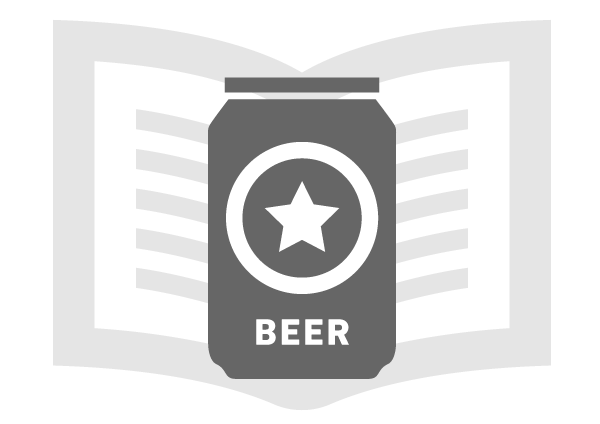英語長文教材 Beverage vs Drink 問題ダウンロード

英語長文教材 Beverage vs Drink 問題ダウンロード
長文読解教材
英語長文読解 ベバリッジ対ドリンク(Beverage vs Drink) 問題ダウンロード
英語長文読解 ベバリッジ対ドリンク(Beverage vs Drink) 解答ダウンロード
長文問題:
次の文章を読み、以下の設問に答えなさい。
Beverage vs Drink:
Before I came to Japan from England, the word "beverage" never once passed my lips. I knew the word, of course, but I don't think that I ever used it.
In Japan, however, people who spoke English seemed to use the word a lot. At first, I thought (1) it was simply one of the unusual things about Japanese English, but I was wrong.
It was, as my American friends were quick to inform me, American English. Since those days I have had several misunderstandings with this word, and all together they make an interesting history.
My first surprise, as I just said, was that people used the word at all. I always thought of it as too formal and almost obsolete. In England the word "beverage" is not used much, even not on menus; it is used sometimes in writing, when we want to sell something, and perhaps most often when we write funny stories and is used to (2) give a more formal or exciting feeling compared to the more common "drink."
Once I got used to the idea that using the word "beverage" was not a joke or a mistake. I was then given another surprise. I was told that "beverage" has (3) a more specific meaning than "drink" and that it means "cold non-alcoholic drinks."
As I knew that "beverage" comes from the Latin bibere, meaning "to drink" (hot or cold), I thought that this must be some sort of mistake. But it wasn't. I asked my American friends again and they looked at me like I was a foolish person again, and said, "of course it is a word used for cold non-alcoholic-drinks. By the way, which planet did you grow up on?"
Well, you learn something every day, I suppose, but at least I was sure that in England "beverage" if anyone used the world at all, could mean any kind of drink.
And there (4) the discussion ended, until recently. Lately, I have noticed a trend for American speakers on the television to prefer far more formal-sounding word choices than I would expect in Britain.
People say "return" instead of "go back." people use "facilitate" instead of "help", and so on. I even noticed this effect in British living in the United States. They started to make more formal word choices in their everyday speech.
Very interesting. I recently checked through a computer data bank of 10 million words of British conversational English---lots of hits. And surprisingly, many of the example sentences which came up in the American sample were talking about warm drinks and even alcoholic drinks.
Clearly, things have changed. It is natural that a word like "beverage" should be used in company names and in advertising---after all, Latin-based sounds stylish, in contrast to words like "drink", which comes from Old English.
But interestingly, the users of American English choose (5) words of Latin origin.
(6) Language change, of course, is perfectly common and natural. We can think about how words are used, but it is exciting to see it happen right in front of your own eyes. Why do people prefer these more formal words of Latin origin? I don't know, but it is interesting to see that differences between American English and British English are a lot less clear than just remembering whether to say "film" or "movie," "hi" or "hello."
下線部(1)の日本語訳を書きなさい。
下線部(2)の日本語訳を書きなさい。なお " " の引用の中身は、訳さなくてよい。
下線部(3)の「もっと詳細な意味(a more specific meaning)」の内容はどのようなものですか。20字以内の日本語で答えなさい。
下線部(4)の「その議論(the discussion)」では、どのような意見が対立していたのですか。80字以内の日本語で答えなさい。
下線部(5)の「ラテン語由来の言葉(words of Latin origin)」で、筆者が文章中で紹介しているものを、すべて英語で書き抜きなさい。
下線部(6)の「言葉の変化(Language change)」で、筆者はアメリカ英語(American English)がどのように変化してきたと述べていますか。80字以内で答えなさい。
表題:ベバリッジ対ドリンク (Beverage vs Drink)
語数:558語 (558words)
難易:CEFRーA2 公立中学2年生以上
要約:説明文。「ベバリッジ」と「ドリンク」という2つの言葉を題材にした文章です。言語は文化によって変わってきますが、とりわけ、アメリカ英語とイギリス英語の違いを押さえておくと、今後の学習に役立つでしょう。
領域:言語と文化 (Language and Culture)
用語:アメリカ英語とイギリス英語 言葉の変化 和製英語
時間:20分
履歴:2015年初稿 2021年第二稿

質問と回答